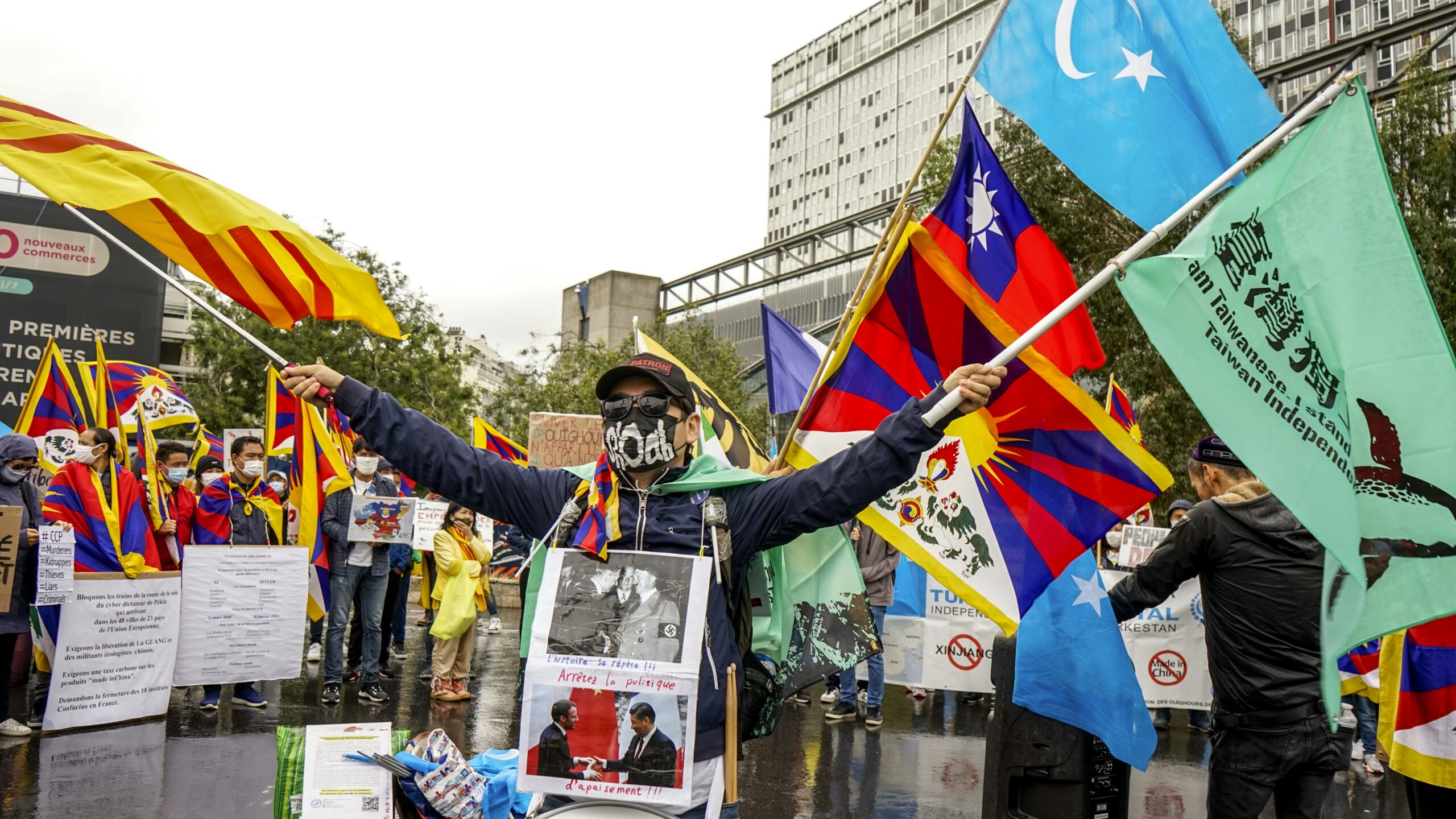
Tragic End for Colombian Senator and Presidential Hopeful Miguel Uribe
BOGOTA, COLOMBIA – In a tragic development that has shaken Colombia’s political landscape, Senator Miguel Uribe, aged 39 and a rising star in the nation’s politics, succumbed to injuries sustained from a shooting incident at a campaign event earlier this June. Uribe, a key figure from the right-wing Democratic Centre party, was targeted during a rally in Bogota, marking a dark moment in the lead-up to the 2026 presidential elections in which he was a leading contender.
Attack at a Political Rally
The incident occurred on June 7, when Uribe was actively engaging with supporters. Amidst the rally, he was shot and critically injured, necessitating several surgeries over the following weeks. Despite the medical team’s efforts, Uribe’s condition deteriorated, leading to his untimely death. The attack not only robbed Uribe of his future but also marked a significant escalation in political violence in Colombia.
Response and Investigation
Following the shooting, authorities acted swiftly, apprehending a 15-year-old boy at the scene, found with a 9mm Glock-type firearm. The teenager has since pleaded not guilty to attempted murder charges, as reported by the prosecutor’s office. This incident has sparked widespread debate over gun control and security measures at political events, reflecting the growing concerns over the safety of public figures in volatile political climates.
Political Implications and Public Reaction
Uribe’s death is a significant blow to the Democratic Centre party and exposes the underlying tensions in Colombian politics. Known for his charismatic leadership and reformative policies, Uribe was seen as a beacon of change for many Colombians. His passing has elicited a flood of tributes from colleagues, supporters, and international figures, highlighting his impact on Colombian politics and the deep divisions that his assassination may exacerbate ahead of the upcoming elections.
His wife, Maria Claudia Tarazona, expressed her profound loss on social media, stating, “I ask God to show me the way to learn to live without you. Rest in peace, love of my life, I will take care of our children.” This personal tragedy underscores the human cost of political violence and the enduring strength of those left behind.
Looking Forward
As Colombia grapples with this loss, questions about the effectiveness of current security measures and the potential for further violence loom large. The nation stands at a crossroads, seeking ways to safeguard its democratic processes and ensure the safety of its political candidates. Uribe’s death may serve as a catalyst for significant policy changes and a reevaluation of political discourse in Colombia.
As the nation mourns, the memory of Miguel Uribe’s dedication to his country and his vision for a better future will undoubtedly influence Colombian politics for years to come, as leaders and citizens alike reflect on the path toward peace and stability.


